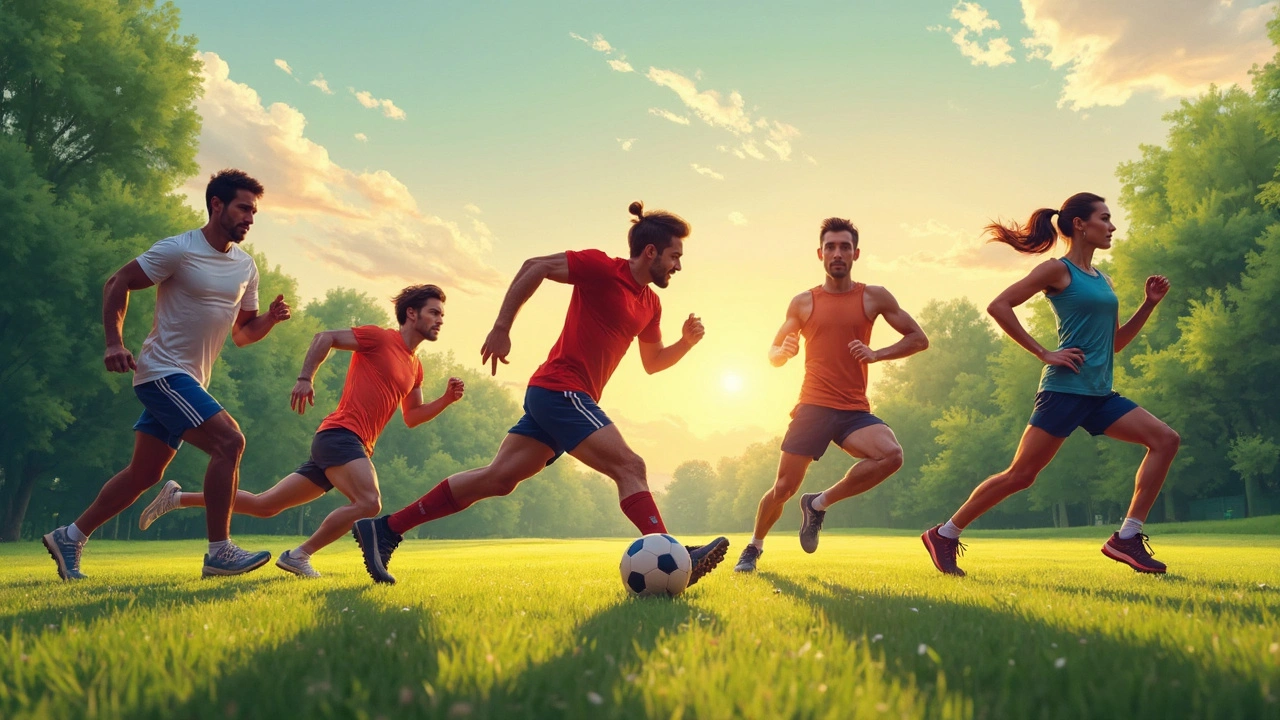Performance enhancement you can actually use today
Want to feel sharper, move better, and recover faster? Most people chase a single quick fix. The better path is simple daily choices that add up. Below are clear steps for focus, fitness, and recovery you can start now—no fancy gear required.
Quick wins you can use today
Sleep: Stop treating sleep as optional. Aim for consistent bed and wake times. Even one extra 30–60 minutes of quality sleep improves reaction time and decision-making.
Morning fuel: A balanced breakfast with protein, complex carbs, and healthy fats stabilizes energy and focus. Try Greek yogurt with oats and berries, or eggs and avocado on whole-grain toast.
Hydration and health juice: Dehydration wrecks performance. Drink water through the day and consider a post-workout health juice with beet, blueberry, and a pinch of salt to speed recovery and refuel glycogen.
Gut health: Your gut affects energy and recovery. Add fiber-rich foods, fermented options like yogurt or kefir, and a variety of vegetables. Small, steady changes beat extreme diets.
Move smart: Add short mobility sessions before and after workouts. Five minutes of dynamic warm-up and five minutes of controlled stretching saves you time and reduces injury risk.
Active recovery and sports massage: Light movement the day after hard sessions keeps blood flowing. A targeted sports massage every few weeks helps tight muscles and speeds return to training.
Biofeedback and focus tools: Biofeedback can speed learning to calm your nervous system and improve concentration. Even simple heart-rate or breathing apps teach you to downshift quickly.
Plan for steady gains
Progressive overload: For strength or fitness gains, increase one variable at a time—reps, weight, or intensity. Small weekly steps beat big, unsustainable jumps.
Track what matters: Log sleep, workouts, and mood for two weeks. Patterns show what helps and what drains you. You don’t need perfection—just useful data.
Prioritize recovery: Schedule recovery like a workout. Rest days, quality sleep, good food, and occasional massages or foam rolling should be on your calendar.
Mindful practice: Short daily meditation or focused-breathing sessions improve attention and reduce stress. Start with two to five minutes and build up. This helps both work focus and workout intensity.
Get help when needed: If pain, sleep issues, or persistent fatigue show up, see a pro—physical therapist, sleep specialist, or a coach who works with athletes. Early fixes save months of trouble.
Try one change a week, not everything at once. Small consistent steps create real performance enhancement—sharper focus, stronger workouts, and faster recovery. Want specific tips for sleep, biofeedback, or sports massage? Check the related guides on this site for clear how-tos and quick routines you can follow tonight.

Sports Massage: The Secret Weapon of Top Athletes
Sports massage is a vital element in the toolkit of top athletes, significantly enhancing performance by alleviating muscle tension and facilitating quicker recovery. It's not just for elite sportspeople; anyone active can reap the benefits, such as reduced risk of injury and improved flexibility. This article dives into how regular massage sessions contribute to peak athletic performance, sharing insights directly from athletes and experts. Discover practical tips for integrating sports massage into any fitness routine. See how this secret weapon can transform your athletic pursuits.
Read More